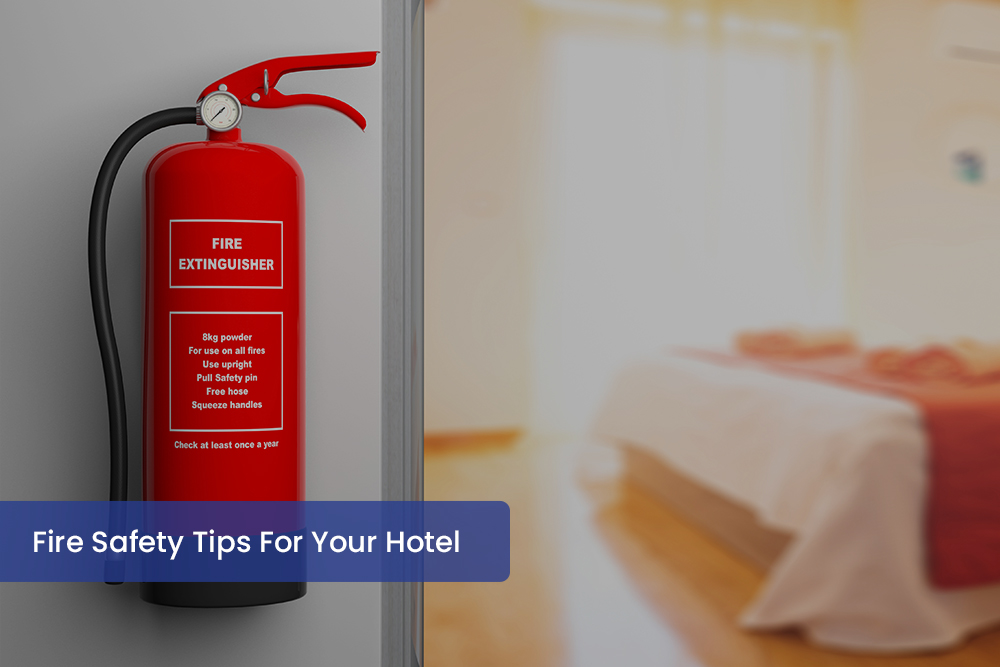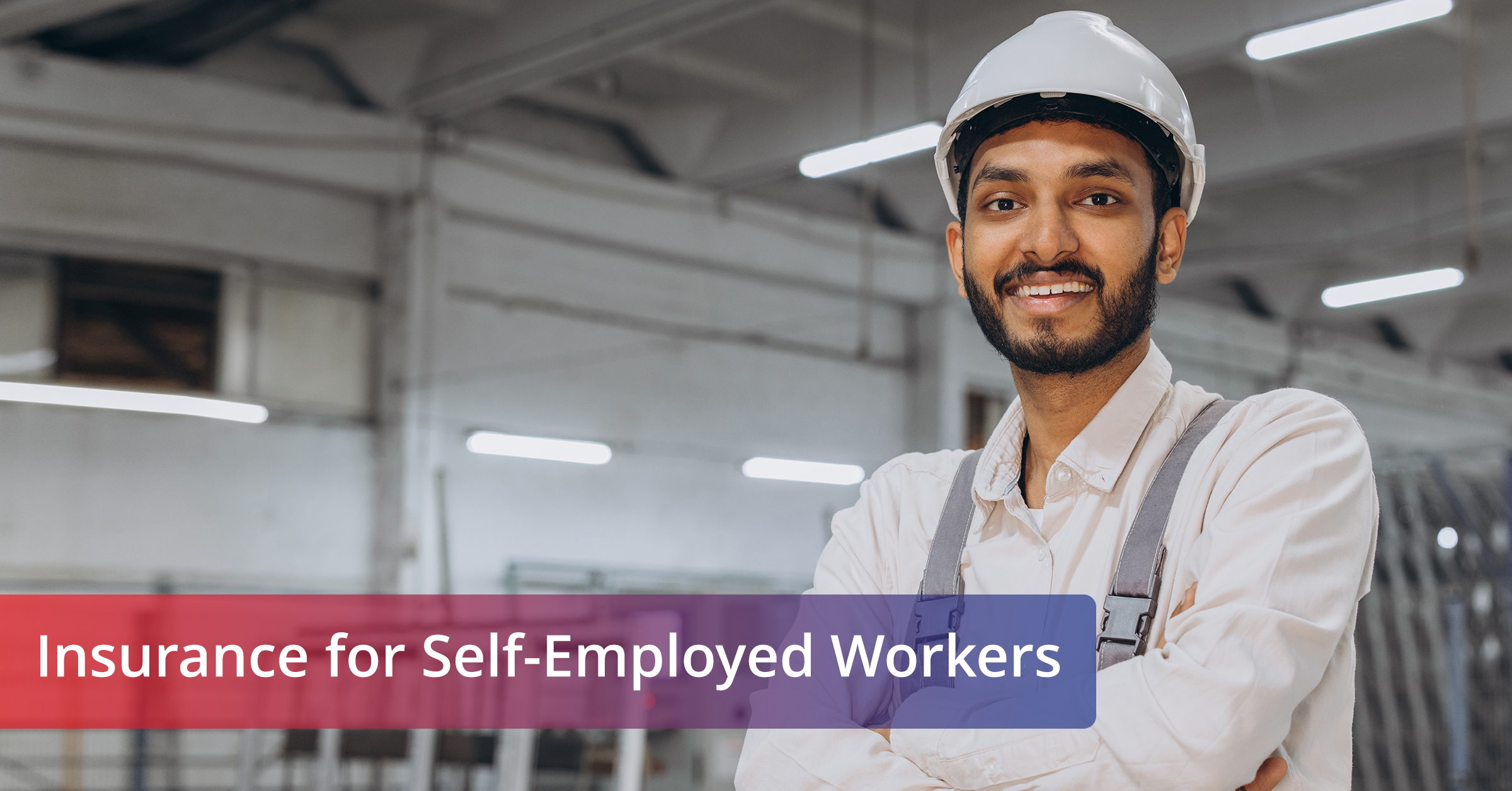Protecting your business against fire hazards can be a tedious task. But with this guide, you will get all the important fire safety tips you need to reduce the damage. So read this blog to find out how you can keep your hotel safer from fire hazards.
Fire hazards are a common phenomenon in many regions of the country. According to the U.S. Fire Administration, cooking, heating, and electronic malfunction are three of the USA’s top four causes of fire. As a hotel owner, this statistic may be frightening to you. And hence, you must take as many safety measures as possible for fire protection.
This blog will discuss various steps you can take to ensure that your hotel business is highly secure from fire hazards. We will also talk about the action plan you need to take when facing a fire incident to reduce damages and casualties. Lastly, we will include some information on how you can deal with such hazards with the help of your Hotel Insurance.
So, get ready for an interesting and informative ride as we discuss fire safety for your hotel business.
Install Fire Safety Equipment
Any high-functioning business that sees regular traffic of individuals, whether customers or employees, should have a sufficient fire safety system installed in its vicinity. Fire sprinklers, smoke and fire detectors, duct smoke detectors, automatic fire alarm systems, emergency lights, entry and exit signs, and smoke control systems should cover every part of your hotel.
Your hotel should also have enough portable fire extinguishers and manual alarm systems. You should also install fire department sandpipes as per guidelines and have pressurized stairways to control the fire. Proper installation of such equipment provides enough coverage and will reduce the chances of large fire spreads and major damages due to such incidents.
If possible, having a helipad on the roof also gives another point of access for the firefighters to approach a hazardous situation. This will also reduce the cost of Business Income Coverage and Physical Damage Coverage premiums. Make sure you mention your complete setup to get the best prices on your Hotel Insurance Coverage.
Emergency Response Plans
Your employees should be thoroughly trained to act appropriately when there is a fire hazard. They should follow the emergency response plans that ensure efficient exit strategies for customers and themselves before they can guide them in a safe direction.
You should also assign specific employees on certain floors who are responsible for managing the emergency response plan efficiently. Furthermore, you should conduct regular fire drill sessions to keep your employees on their toes and prepared for when an actual calamity strikes.
Showing initiative over such processes may affect the cost of your Business Income Coverage and Physical Damage Coverage along with your overall Business Insurance for hotel.
Invest In Fireproof Furnishing
The kind of furnishing and upholstery you have at your hotel can contribute to the severity of the fire hazards. And when you’re running a large establishment like a hotel, you need to ensure that you have fewer easily flammable things.
You can look for fire-resistant sofas, chairs, beds, headboards, mattresses, futons, pillows, cushions, and all other kinds of furniture. Usually, such furniture comes with a special tag or symbol that indicates that it is fire-resistant. You can also inquire with your suppliers about the same.
This is important fire prevention or fire restriction strategy. Having such furniture also helps you lower the cost of your Business Income Coverage and Physical Damage Coverage.
Test, Train, And Maintain Regularly
Apart from installation and implementation of all the equipment and strategy mentioned above, you as a business owner also need to make sure that everything works and acts efficiently when the time comes. Regularly testing your equipment to make sure all of them work efficiently is a must.
Your employees should also be re-trained regularly with drills to ensure that they don’t forget it. Carrying out such activities about once a month or two is enough to maintain control even when you are facing a hazard.
The Role Of Hotel Insurance Premiums
While taking such preventive measures will help you reduce the chances of fire hazards, no one can foresee the situation. So, it’s best advisable to get the right Hotel Insurance premiums to ensure financial safety after such events.
Some highly recommended premiums include Business Income Coverage, Physical Damage Coverage, Contents Coverage, Property Coverage, Workers Compensation Insurance, Umbrella Liability Insurance, and your basic General Liability Insurance. If you want to know more about General Liability insurance coverage, checkout our dedicated blog.
This may increase your Hotel Insurance costs, but if you invest in all the equipment, furniture, and training, then gradually, the prices will drastically reduce. Moreover, fewer major fire hazards will also play a key role in reducing insurance costs.
If you want to know more about Hotel Insurance and the best plans for you, you can contact our insurance experts at 855-539-2333 or write to us at info@exceedinsurance.com!
Recommended read – Prevent Losses this Winter to Establishments with Simple Tips.
FAQ's
There are multiple reasons for fires in hotels. They might include:
- Cooking incidents
- Electrical malfunctions
- Improper disposal of smoking materials
- Heating equipment
- Laundry and dryer fires
- Faulty appliances
2. What is one of the main causes of fire in hospitality?
One of the main causes can include unattended cooking equipment, which poses a significant fire hazard. This can lead to serious incidents if not monitored. Fire safety is therefore critical in the hospitality industry.
3. What should be included in a hotel’s fire safety plan?A hotel’s fire safety plan should mainly include:
- Fire Prevention Measures
- Fire Detection and Alarm Systems
- Emergency Evacuation Procedures
- Staff Training
- Guest Education
- Emergency Equipment
4. How often should hotels conduct fire drills?
Hotels should conduct fire drills at least twice a year, ensuring that staff and guests are familiar with evacuation routes and procedures.






